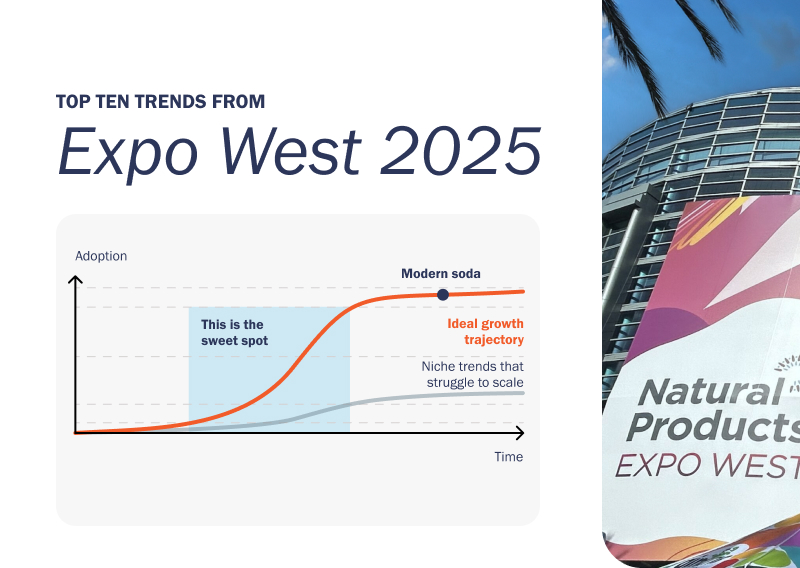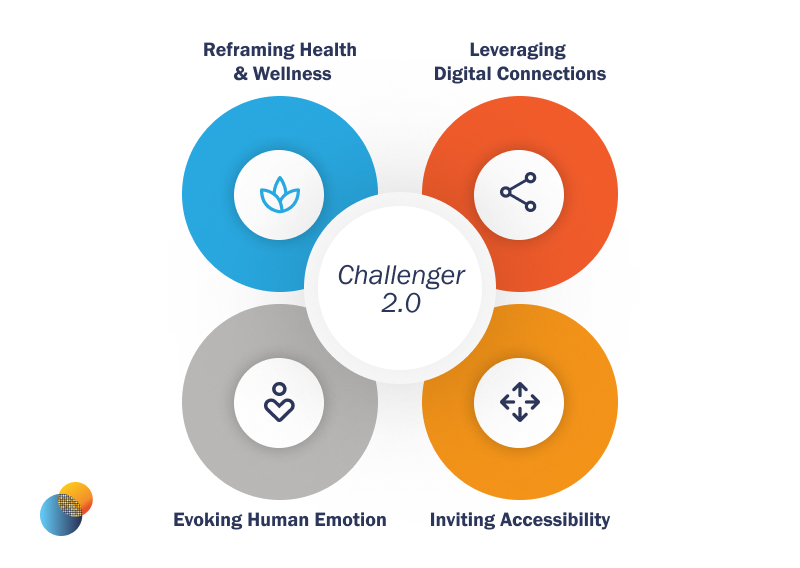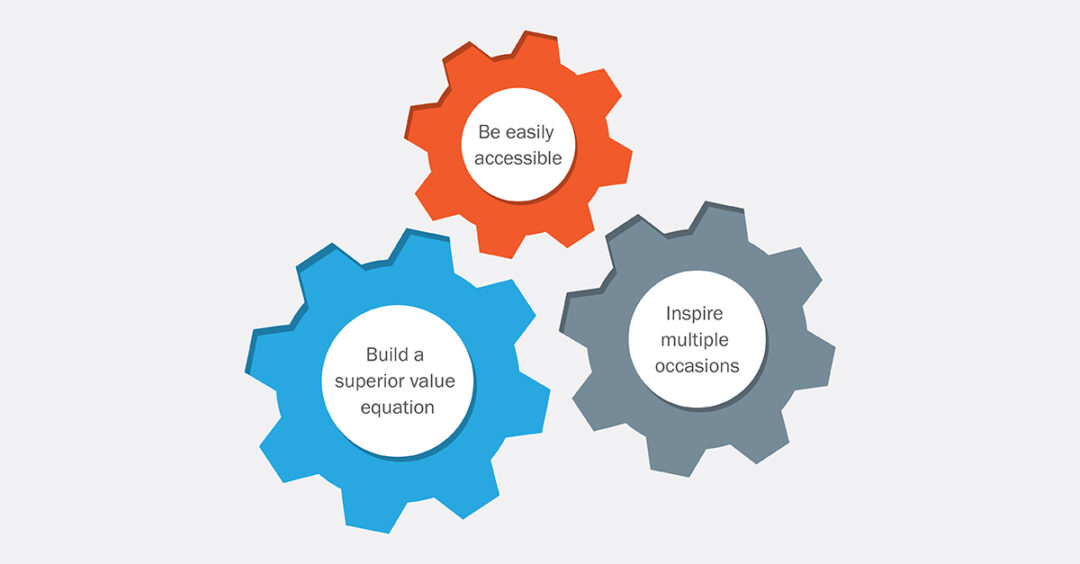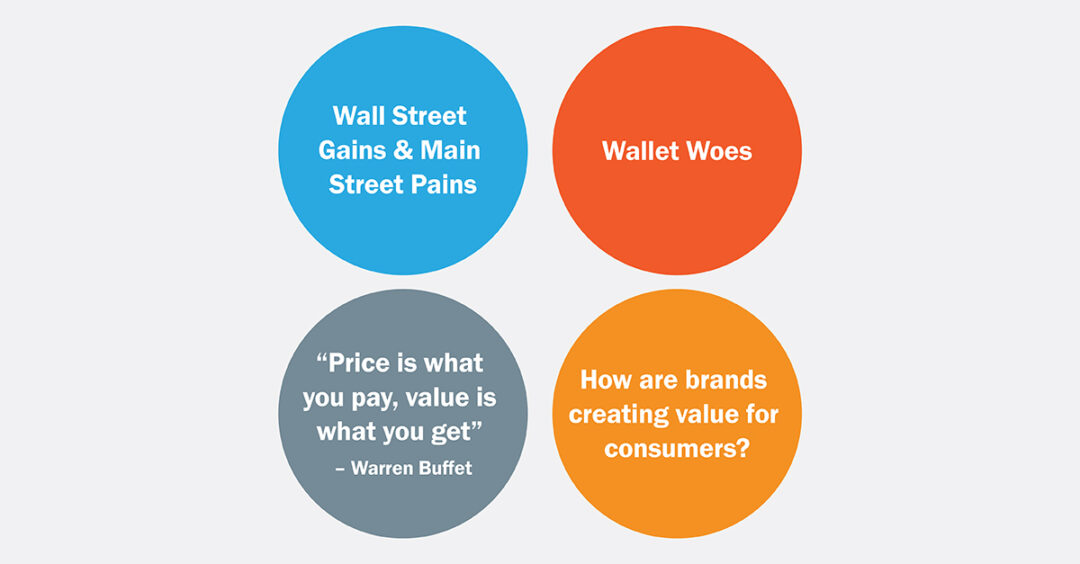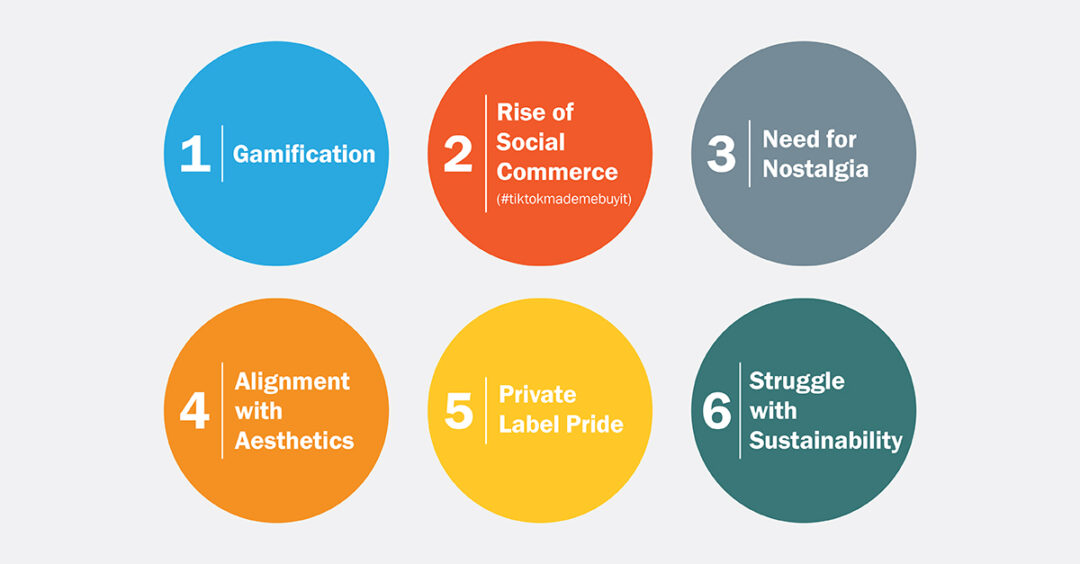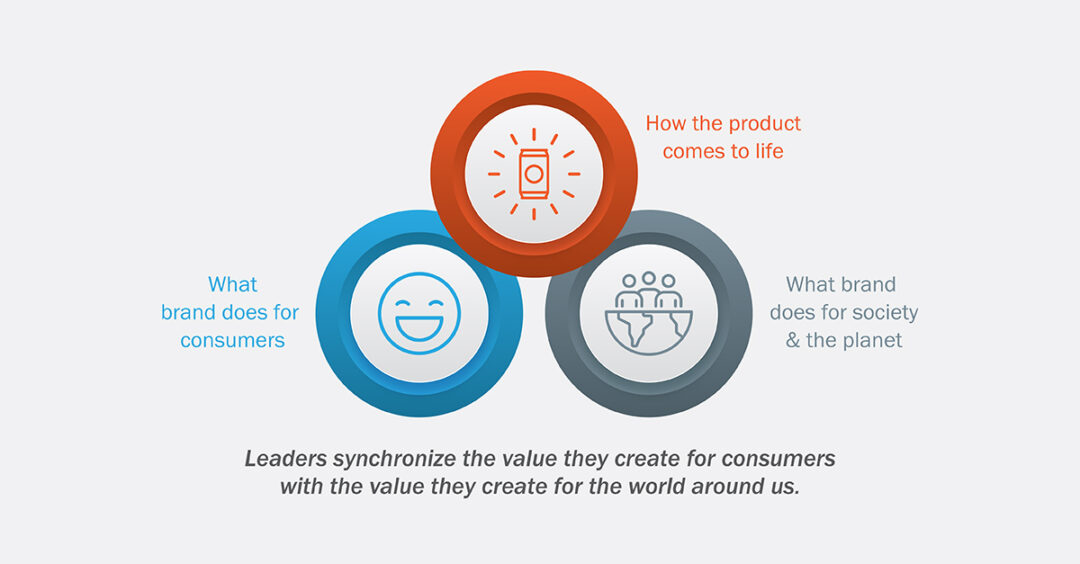2022 Challenger Brand Paper: Gen Z Disruptors
Gen Z raises the bar – they are steadfast in their values and expect more from all facets of their world, making what they expect from brands no different. They look for brands to not only reflect their values in mission, but also seamlessly be a part of places they frequent most – different interfaces across the digital sphere. This generation was uniquely digitally reliant & native even prior to the pandemic, and COVID-19’s impact on our whole society’s digital fluency has only solidified & strengthened Gen Z’s positioning as leaders in this realm. For Gen Z, integrated shopping (& brand marketing) across in-store and digital touchpoints has become table stakes, and their dexterity in the digital landscape has given any brand who can harness this authority, authentically, unprecedented power with this consumer & generations beyond. Furthermore, the spending power of Gen Z is second only to Millennials, closing in on $150B despite these shoppers being 24 and under.
Brands that can be part of Gen Z’s lifestyle command significant value across categories, evident by recent acquisitions of challenger brands that target younger consumers by category-leading strategics (e.g., Youth to the People (L’Oreal)).
This year’s Challenger Brand paper introduces 3 key strategies on how to win with the Gen Z consumer and identifies brands who have successfully adopted these strategies.

Challenger Brands that have successfully employed these tactics to become Gen Z Disruptors:











